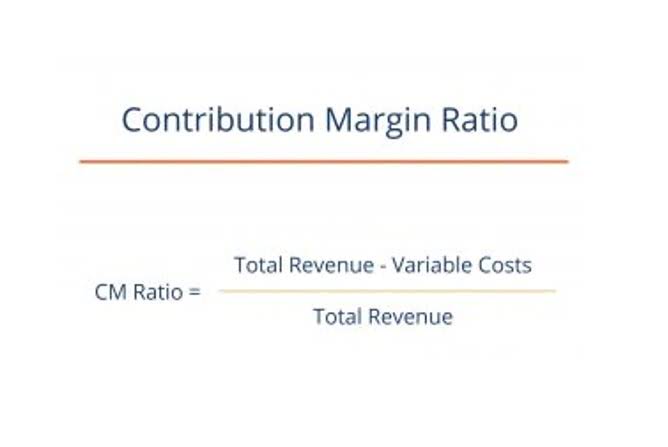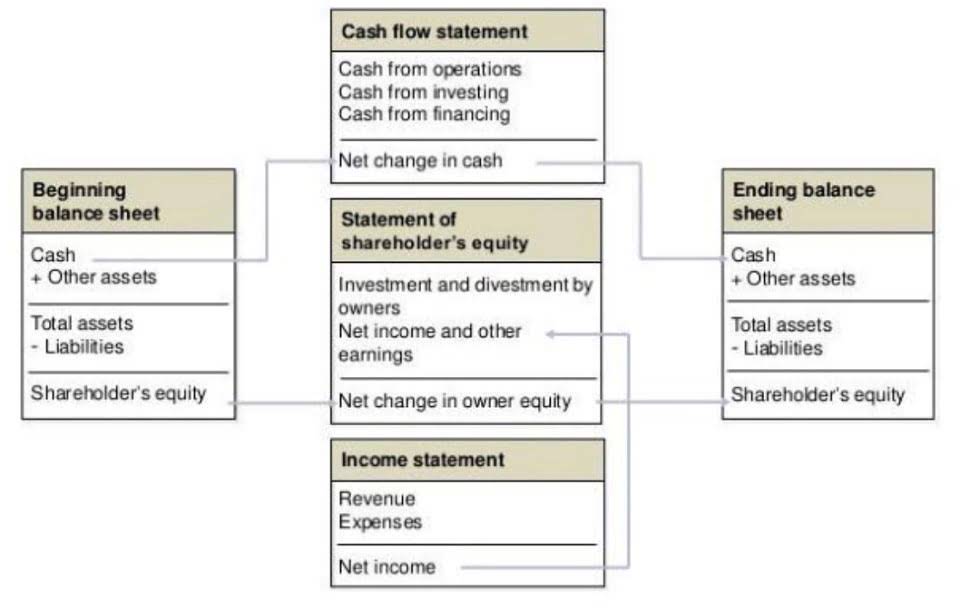
For example, IFRS does not allow last-in first-out (LIFO) inventory accounting, but GAAP does. The principle states that the accountant has to follow all GAAP rules and regulations in the accounting process. In addition, smaller businesses may find it difficult to follow all GAAP principles in their business. Without GAAP compliance, companies could easily create financial information that distorts the company’s true financial position.
- GAAP, the acronym for generally accepted account principles, is a set of commonly accepted accounting principles, procedures, and standards.
- Securities and Exchange Commission from 2010 to 2012 to come up with an official plan for convergence.
- The use of GAAP is not mandatory for all businesses, but SEC requires publicly traded and regulated companies to follow GAAP for the purpose of financial reporting.
- There are many facets and complexities to the VIE model, and determining the primary beneficiary is one of them.
- As a small-business owner, understanding basic financial accounting is essential to keeping your books clean.
Accounting Services
Government entities, on the other hand, are influenced by a set accounting definition of standards that are slightly different from GAAP. Other countries have their own GAAP rules, which differ from those in the United States. Each country’s own version of the FASB, such as the Canadian Institute of Chartered Accountants (CICA), creates these rules. All parties that contribute to a company’s financial report are assumed to be honest and reputable.

How confident are you in your long term financial plan?
- Depending on your business structure and location, the amount of tax you have to pay will vary.
- GAAP compliance is verified through an appropriate auditor’s opinion, resulting from an external audit by a certified public accounting (CPA) firm.
- Generally Accepted Accounting Principles (GAAP) are a set of rules, guidelines, and principles that U.S. companies of all sizes and across industries adhere to.
- Advocates of the merger say it would also simplify management, investment, transparency and accountant training.
- The cost principle requires an asset to be recorded at the cash amount at the time it was acquired.
There are some similarities between GAAP retained earnings and IFRS; however, there are several key differences that should not be overlooked. Today, GAAP is a required accounting practice for for-profit companies, non-profits, and government entities in the United States. Five of these principles are the principle of regularity, the principle of consistency, the principle of sincerity, the principle of continuity and the principle of periodicity. Each principle is meant to guarantee and support clear, concise and comparable financial reporting. Besides the ten principles listed above, GAAP also describes four constraints that must be recognized and followed when preparing financial statements.
Create a Free Account and Ask Any Financial Question
The ease of comparison enables investors to make decisions based on an accurate understanding of organizations’ financial health. Proper accounting means recording everything on your financial statements—no matter how small the transaction is. It’s important that you record both large and small payments to get an accurate picture bookkeeping for cleaning business of your business finances.

- The benefits of clean records are many, including the ability to make better projections, improve decision-making, and handle audits effectively.
- Hiring a professional accounting team trained in GAAP and having internal auditors track and check finances are two ways to ensure your company is meeting GAAP standards.
- IFRS is standard in the European Union and many countries in Asia and South America, but not in the United States.
- While the future of GAAP is not set in stone, it is clear that changes are on the horizon as the accounting profession continues to evolve and adapt to the needs of a global economy.
- These alternatives are known as “other comprehensive basis of accounting” (OCBOA) methods, and they include cash basis accounting, modified cash basis, income tax basis, and regulatory basis.
- According to the revenue recognition principle, the company can recognize the $100 revenue immediately after completing the service—even if it doesn’t receive payment until several weeks later.
- Many small businesses issue financial statements that don’t adhere to GAAP guidelines when reporting financial information.
Cash flow is life for a small business, so protect yours with the best possible accounting practices. Despite improved ease of management, accounting and investment, some argue that combining the standards would lead to new issues. The difficulty of merging cross-cultural business ethics and processes into one codified standard could prove insurmountable. More concretely, the time it would take to merge the systems and adopt a universal standard could result in financial losses that exceed the promised gains accrued through simplified standards.


The main difference between GAAP vs. IFRS is that GAAP prioritizes rules and detailed guidelines, whereas IFRS only provides general principles to follow. Accountants have more leeway when following IFRS, but often need to include explanatory documents. On the other hand, businesses that use GAAP may feel confined by the lengthy rules. Accountants must be as honest, impartial, and accurate in their reporting of a company’s financial performance as possible. For atypical situations, when companies need to use more flexible reporting methods, they are expected to follow these guidelines.
- However, as of June 2024, the underlying debate remains without a definitive resolution.
- For example, if an accounting team is compiling a report on the revenue earned within a quarter, the report must focus only on that exact period.
- IFRS rules ban using last-in, first-out (LIFO) inventory accounting methods, whereas GAAP permits LIFO.
- Finance Strategists is a leading financial education organization that connects people with financial professionals, priding itself on providing accurate and reliable financial information to millions of readers each year.
- Each country’s own version of the FASB, such as the Canadian Institute of Chartered Accountants (CICA), creates these rules.
- In other words, GAAP is a collection of concepts and best accounting practices accepted throughout the industry.
Understanding GAAP Enforcement

GAAP is designed to ensure that financial reporting is transparent and consistent from one company to another. All public companies are required to follow generally accepted accounting principles. The goal is to provide the public with accurate, consistent, and transparent financial statements. Although GAAP isn’t law, it can lead to problems for companies that don’t follow it. GAAP is a set of accounting standards used in the United States to help publicly traded companies create their financial statements. These standards form the groundwork on which more comprehensive, complex, and legalistic accounting rules are based.
Leave a Reply